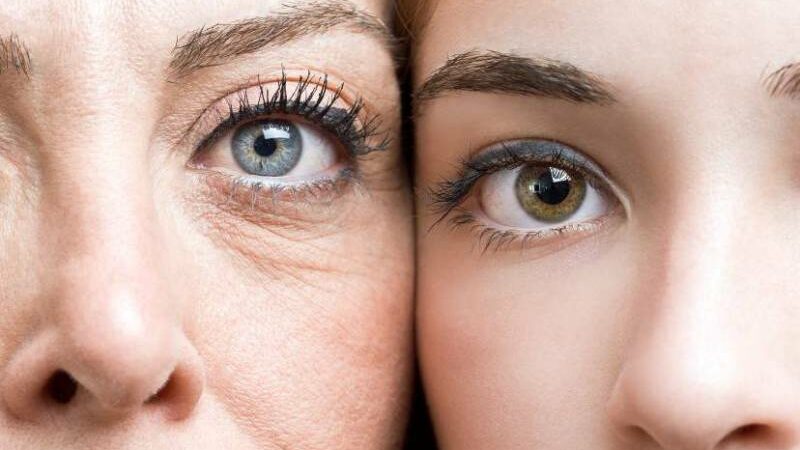Eyes are the windows to the soul, but as time goes on, you might find that your windows are starting to become a bit cloudy. As you become older, certain gradual changes to your vision are natural, but other, sudden changes could indicate a medical problem that needs to be addressed.
Your risk of eye-related conditions and diseases rises as the number of candles on your birthday cake does. However, there are steps you may do to keep your ageing eyes healthy.
Know your level of risk
One of the best ways to maintain good eye health is to understand what can damage your vision and how identify symptoms.
If you have a profession that requires you to stare at a computer screen all day, you’re undoubtedly well aware of the eye strain and fatigue that can occasionally result in momentary blurry vision. Take breaks for your eyes at least every 20 minutes, and think about wearing blue light-blocking glasses while you work. Wear the proper protective eyewear and act quickly to treat any injuries if you work outside where the sun could harm your eyes or in a facility where items could get into your eyes.
Also, don’t overlook the history of your family. More than 350 eye conditions are known to run in families. Your genetics cannot be changed, but being aware of them will help you identify symptoms and seek preventive care.
Regularly check out your eyes
Eye tests might not be what you look forward to the most, but as you get older, they should be quite high on your list of priorities. Regular eye exams can help you spot problems before they worsen, whether or not you have a family history of visual problems.
After the age of 65, the American Academy of Ophthalmology advises getting your eyes checked at least once every year or two. An ophthalmologist can detect age-related eye conditions such cataracts, diabetic retinopathy, glaucoma, and macular degeneration early.
Use proper eyewear
UV rays from the sun can injure your eyes and impair your vision. According to the US National Institutes of Health, excessive UV exposure has been connected to an increased risk of cataracts or possibly eyelid cancer. Put on a decent hat and sunglasses that block UVA and UVB rays by at least 99%.
Be proactive in keeping your eyewear up to date on a regular basis if you wear readers, contacts, or prescription glasses. It’s possible that the prescription you required then differs from the one you require now. Even while those over-the-counter readers worked last year, you might need a little more help right now.
Take good care of body
Your eye health is largely determined by internal causes, even though external environmental factors certainly play a part.
Your body can receive the nutrients it requires for optimum eye health by eating a diet rich in the finest foods for healthy eyes. This includes foods that are simple to add into meals, such as almonds, broccoli, carrots, eggs, kiwi, leafy greens, salmon, and sunflower seeds. A nutritious diet also promotes a normal body weight and blood glucose level, which lowers the chance of developing diabetes. 90% of diabetes-related blindness, according to the Centres for Disease Control and Prevention, is preventable.
The time has come for smokers to give up. Smoking-related eye disorders are common, among the many other ailments it is linked to. The two major risks are cataracts and macular degeneration. According to the CDC, smokers have a two to three times higher risk of developing cataracts and a two to four times higher risk of age-related macular degeneration than non-smokers.
Get better sleep
Yes, lack of sleep can lead to undesirable side effects like bloodshot eyes and swollen eyelids, but it can also have detrimental effects on our eye health. Your eyes hydrate and circulate during sleep, reviving them for the following day. If you obtain less than five hours of sleep every night, you may have negative side effects such dry eyes, light sensitivity, and blurred vision as well as myokymia, which is an involuntary twitch that happens when the muscles around the eyes are not given enough time to relax.
- Top 5 Health Insurance Stocks to Add to Your Portfolio - July 26, 2024
- 7 Reasons Edamame is Great for Your Health - July 26, 2024
- 2024 Paris Olympics: How Many US Athletes Are Competing? - July 26, 2024





